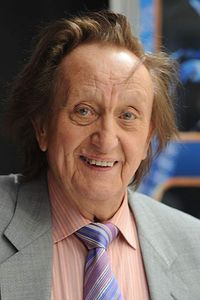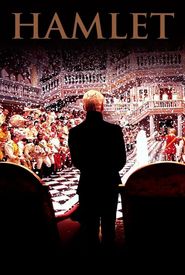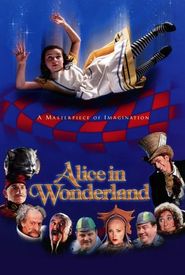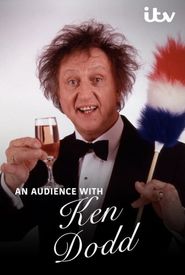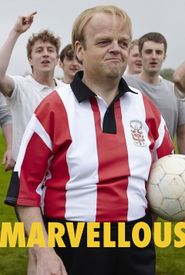Ken Dodd, a renowned writer and actor, took his first breath on November 8, 1927, in the charming town of Knotty Ash, nestled in the heart of Liverpool, England, United Kingdom.
Throughout his illustrious career, he left an indelible mark on the world of entertainment, featuring in a plethora of notable productions, including the iconic 1996 film adaptation of Hamlet, the 2021 cinematic release of Cruella, and the beloved television program, The Ken Dodd Laughter Show, which first aired in 1979.
In his personal life, Ken Dodd was happily married to his loving wife, Anne Dodd, and together they shared a beautiful life filled with love, laughter, and adventure.
Sadly, Ken Dodd's life came to a close on March 11, 2018, in the same town where he was born, Knotty Ash, Liverpool, Merseyside, England, United Kingdom.
Ken Dodd's remarkable legacy continues to inspire and entertain audiences to this day, a testament to his enduring impact on the world of entertainment.
